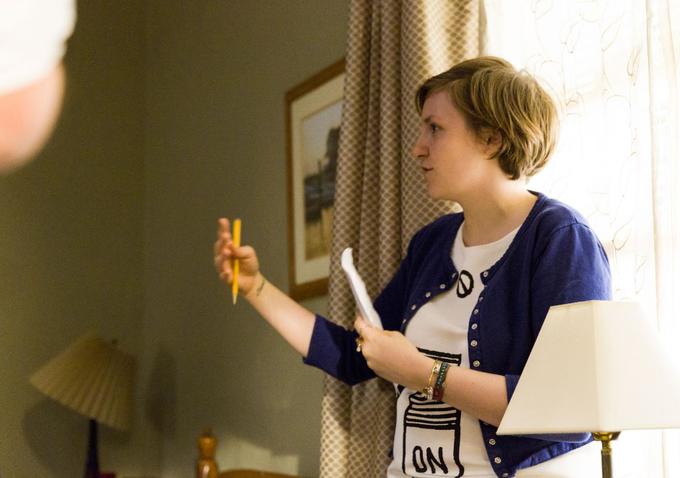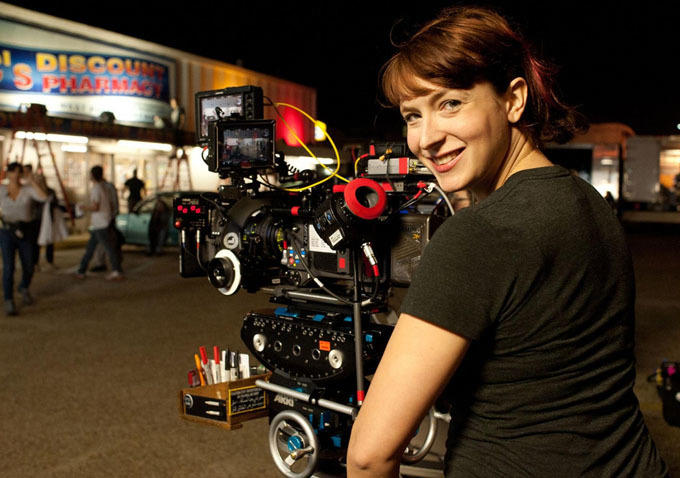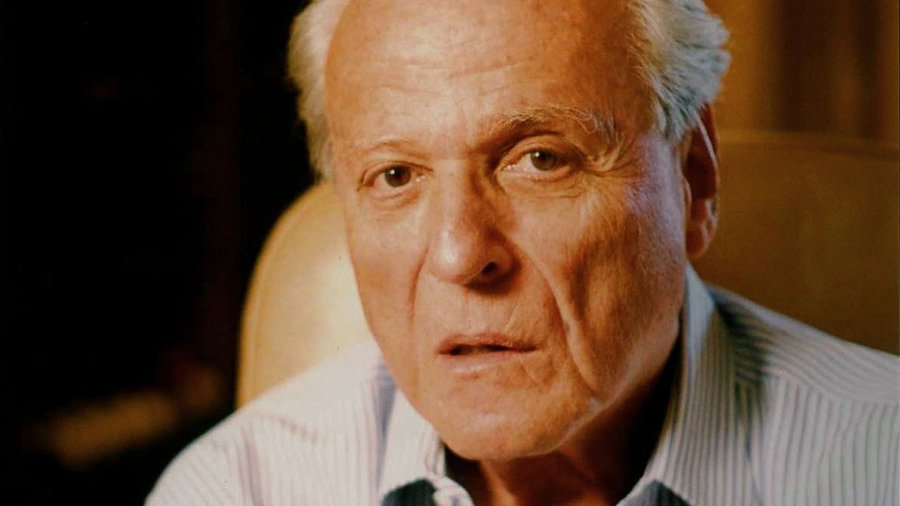Memo to Women Screenwriters: Man Up!
Why do so few scripts written by women receive high ratings on The Black List? This is mainly a problem for feature scripts, but highlighted television pilots also project a dim ratio.
As a service, The Black List has consistently been ahead of the curve but presently, it’s right in sync with 2013’s bleaker-than-usual, dismal “celluloid ceiling” report. Is the shrinking percentage of women screenwriters now seen as just business as usual, a reflection of our societal malaise? Or are women screenwriters actually doing something to fuel the inequity?
I doubt an old school research tool like listing all writers by their first initial would change the numbers much. It’s the genre-skirting “logline” that gives the women away, demonstrating what separates the girls from the boys. These self-congratulatory summaries border on dimorphism which, in the animal kingdom, distinguishes between male and female appearance.
An illuminated “premise,” on the other hand, has to work to gain advocacy with lasered, clear-cut genre as its engine. Agents prefer the term “premise.” A solid premise indicates something durable that actually has a shot at getting across the Hollywood player minefield, while a weak one won’t make it through the many hoops it takes to get all the way to the bank.
The Bechdel Test launched 1,000 righteous infographics illustrating the tried-and-true — and sometimes false — business model of male-centric “programmers,” clearly labeling blame on male decision-makers. What if those charts and graphs were interpreted another way? What if they were seen simply as stats for a losing team? If that were so, why wouldn’t that team re-think its overall strategy? Instead of a self-pitying document, why not make the annual Celluloid Ceiling report an occasion for a call to arms?READ MORE







